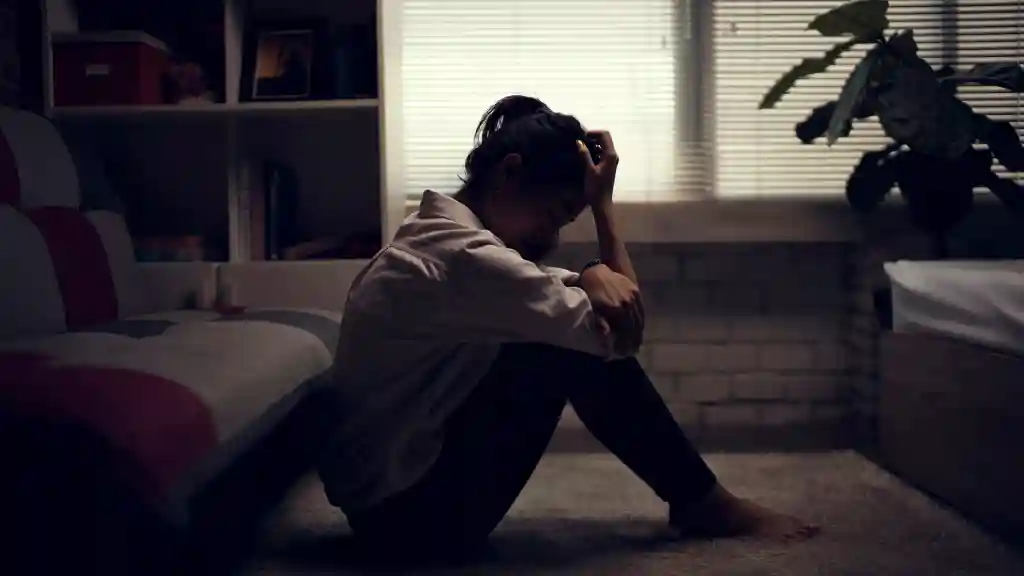Depression is more than just feeling sad. It’s a deep, persistent condition that affects millions of people worldwide, impacting their emotions, thoughts, and daily life. Despite its prevalence, depression is often misunderstood, leaving many to suffer in silence. Let’s take a closer look at what depression really is, how it manifests, and why understanding it is the first step toward healing.
What is Depression?
Depression is a mental health disorder that goes beyond temporary sadness. It’s a prolonged state of emotional distress that can interfere with daily activities, relationships, and even physical health. It’s not just about having a bad day—it’s an ongoing struggle that can make even the simplest tasks feel overwhelming.
Signs and Symptoms of Depression
Depression looks different for everyone, but common symptoms include:
- Persistent sadness or emptiness that lasts for weeks or months.
- Loss of interest in activities once enjoyed, including hobbies and socializing.
- Changes in sleep patterns, such as insomnia or excessive sleeping.
- Fatigue and low energy, making it difficult to get through the day.
- Difficulty concentrating, leading to forgetfulness or indecisiveness.
- Feelings of worthlessness or guilt, often without a clear reason.
- Physical symptoms like headaches, digestive issues, or body aches.
- Thoughts of self-harm or suicide (If you or someone you know is struggling, seek professional help immediately).
What Causes Depression?
There isn’t one single cause of depression—it’s often a mix of biological, psychological, and environmental factors. Some key contributors include:
🧠 Brain Chemistry – Imbalances in neurotransmitters like serotonin and dopamine can play a role.
🧬 Genetics – If depression runs in the family, there may be a higher risk of developing it.
⚡ Life Events – Trauma, grief, stress, or major life changes can trigger depressive episodes.
🏥 Medical Conditions – Chronic illness, hormonal imbalances, or certain medications can contribute to depression.
🌍 Social & Environmental Factors – Loneliness, financial struggles, or a lack of support can worsen symptoms.
Breaking the Stigma
One of the biggest challenges with depression is the stigma surrounding mental health. Many people feel ashamed or fear being judged, preventing them from seeking help. It’s important to remember:
- Depression is not a weakness—it’s a medical condition.
- Seeking help is a sign of strength, not failure.
- Talking about mental health openly can encourage others to do the same.
Ways to Cope and Seek Help
If you or someone you love is dealing with depression, know that support is available. Some steps that can help include:
🌿 Seeking Professional Help – Therapy, counseling, and medication (if needed) can be life-changing.
💙 Connecting with Loved Ones – Talking to trusted friends or family can provide comfort and support.
🏃 Engaging in Physical Activity – Exercise releases endorphins, which can boost mood.
📝 Practicing Self-Care – Small daily habits like journaling, meditation, or enjoying nature can make a difference.
📞 Reaching Out for Help – If you’re in crisis, call a helpline or seek immediate professional assistance.
You Are Not Alone
Depression can feel like an endless abyss, but hope exists. Healing takes time, but with the right support, it is possible to regain joy and purpose. If you or someone you know is struggling, don’t hesitate to reach out. You are valued, you are loved, and you are not alone. 💙
Let’s break the silence and support each other. Have you or a loved one experienced depression? Share your thoughts (or just a kind word) in the comments. 💬
